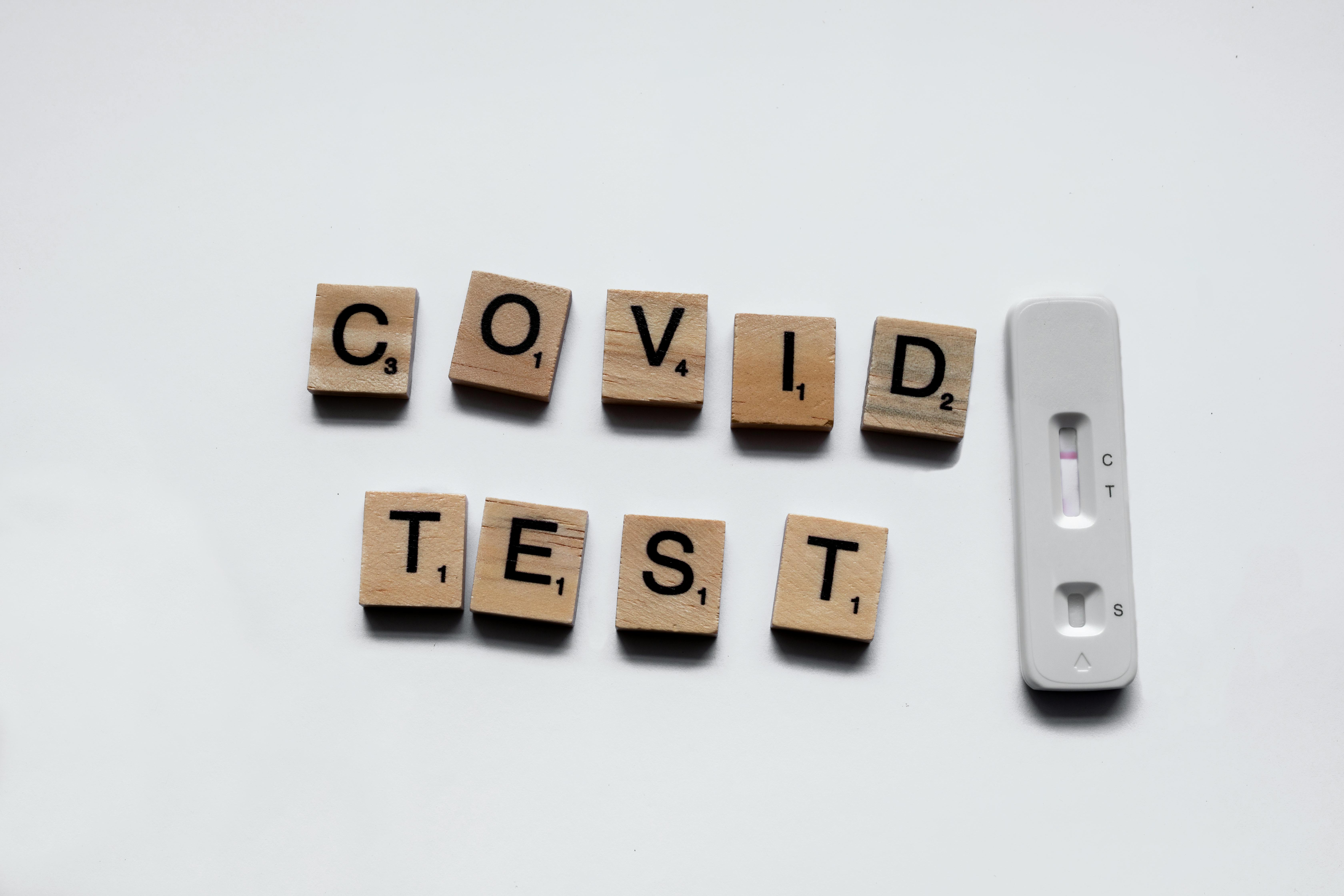
Caption: Just last month, the U.S. Department of Justice announced the results of its 2025 National Health Care Fraud takedown, resulting in criminal charges against over 300 defendants and implicating dozens of providers in telemedicine-related fraud schemes. Learn more about what this takedown means for the future of telehealth fraud enforcement.
On June 30, 2025, the Department of Justice (“DOJ”) announced the results of its 2025 National Health Care Fraud Takedown. With over $14 billion in intended loss to federal health care programs and criminal charges brought against a whopping 324 defendants, the takedown marks what the DOJ calls an unprecedented effort to combat health care fraud across the country.
The takedown announcement highlighted a variety of fraud schemes that will unfold across the country over the coming months. 29 defendants were charged for their roles as participants in multinational criminal organizations to defraud American health care programs by submitting fraudulent claims using stolen Medicare beneficiary information, identified in part thanks to the nationwide investigation known as Operation Gold Rush. Hundreds more were implicated in fraud schemes involving false claims for amniotic wound allografts, prescription opioid trafficking, and receiving billions from various false claims and kickback schemes.
Unsurprisingly, the takedown also featured charges against 49 defendants in connection with telemedicine and genetic testing fraud schemes, involving a combined $1.17 billion in fraudulent claims to Medicare. While many of the defendants were charged for their roles as owners in telemedicine or durable medical equipment companies, several defendants were providers who participated in arrangements in exchange for kickbacks for prescriptions or other services that were not provided or medically necessary. The DOJ emphasized in its notice that it “continues to focus on eliminating health care fraud schemes that depend on telemedicine,” another sign that telehealth will remain a key focus of the federal government’s continued and coordinated effort to pursue robust enforcement of health care fraud and abuse laws.
A New Era of Regulatory Oversight: What the Takedown Means for Telehealth Providers
This year’s takedown involved criminal fraud charges brought against multiple providers for their involvement in fraudulent telemedicine and genetic testing schemes, involving more than $1.17 billion in false claims submitted to Medicare. While last year’s takedown featured similar schemes as those noted in 2025’s takedown, the notable increase in the number of providers charged with fraud offenses underscores the need for telehealth providers to exercise renewed vigilance in assessing their practices for compliance with federal fraud and abuse laws. With the recent formation of the DOJ-HHS False Claims Act Working Group, it’s clear that healthcare fraud is a key priority for the present administration - and the stakes for providers have never been higher.
While the consequences of criminal charges are significant, the takedown is also a stark reminder that federal regulators have not taken their feet off the gas when it comes to imposing civil penalties. As part of the takedown, CMS announced that it had suspended billing privileges for 205 providers in the months leading up to last month’s announcement. Further, nearly two dozen providers are now facing civil charges in connection with the takedown, with over 100 agreeing to civil settlements totaling more than $34 million. But these settlements are far from the only penalties are likely to face - many are likely to face disciplinary actions in their state of practices, and could be excluded from participation in federal health care programs altogether depending on the severity of the fraud perpetrated.
While telemedicine has been a key focus for federal regulators following the end of the COVID-19 pandemic, telemedicine fraud schemes continue to rapidly evolve, particularly with the rise of AI. For providers wanting to protect their reputation, it’s never been more important to closely review arrangements with telemedicine companies for potential fraud risks. Companies that allow for little to no contact between providers and patients, only furnish a limited set of products, and provide a volume-based compensation structure, are key red flags that could expose you to serious criminal penalties and serious reputational harm.
Your Trusted Partners in Fighting Health Care Fraud Allegations
Health Law Alliance specializes in helping providers navigate health care fraud audits, investigations, and probes before they threaten your practice - and your professional reputation. Spearheaded by former federal and state prosecutors with decades of experience, our team has the insider expertise you need on your side.
MORE ARTICLES BY CATEGORY
The 2025 Healthcare Fraud Takedown Is a Warning Shot for Wound Care Providers
Wound care is now an enforcement priority. The 2025 fraud takedown targets skin substitute billing, graft utilization, and Medicare compliance.
Read More >>FDA and Novo’s Uncharted Waters to Exert Pressure on Hims & Hers and GLP-1 Compounders
Novo’s lawsuit against Hims & Hers, coupled with FDA’s referral to the DOJ, marks a direct escalation against 503A compounded semaglutide. If your pharmacy dispenses, compounds, or markets GLP-1 therapies, this is not a headline, it is a regulatory turning point.
Read More >>What Wells Pharma v. Zyla Life Sciences Means for Compounding Pharmacies and Outsourcing Facilities
A pending Supreme Court case could reshape how compounding pharmacies face litigation under state unfair competition laws tied to FDA approval standards.
Read More >>Health Law Alliance Welcomes Compounding Expert Pharmacist-Attorney Dr. Martha Rumore as Of Counsel
Health Law Alliance adds powerhouse Pharmacist/Attorney Dr. Martha Rumore to their team of boutique healthcare attorneys.
Read More >>






